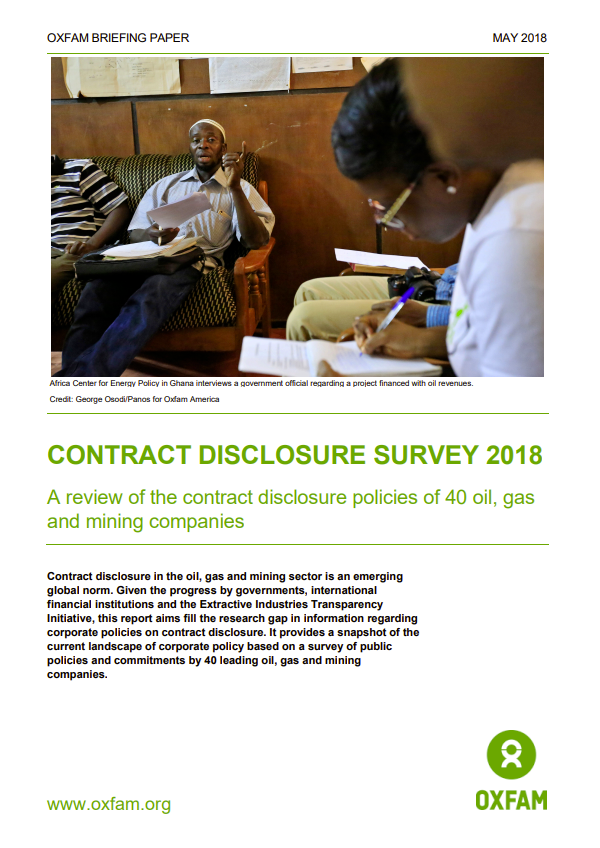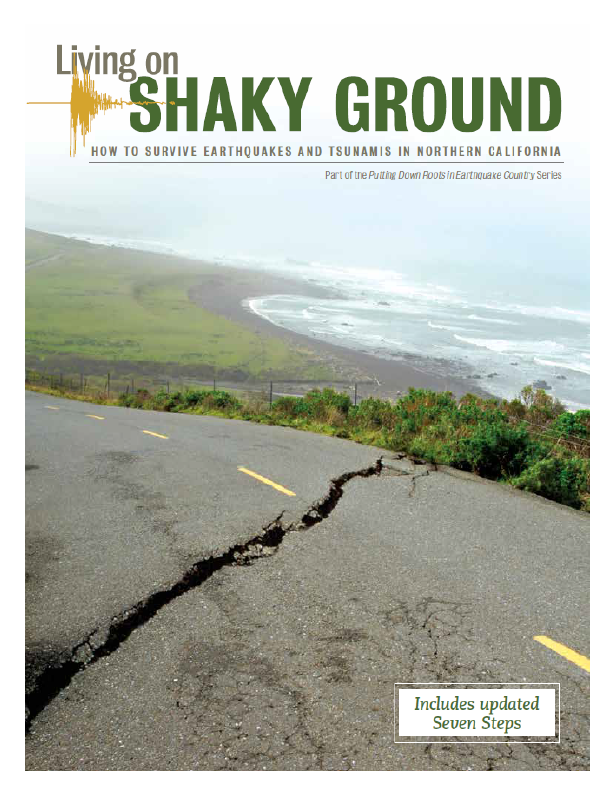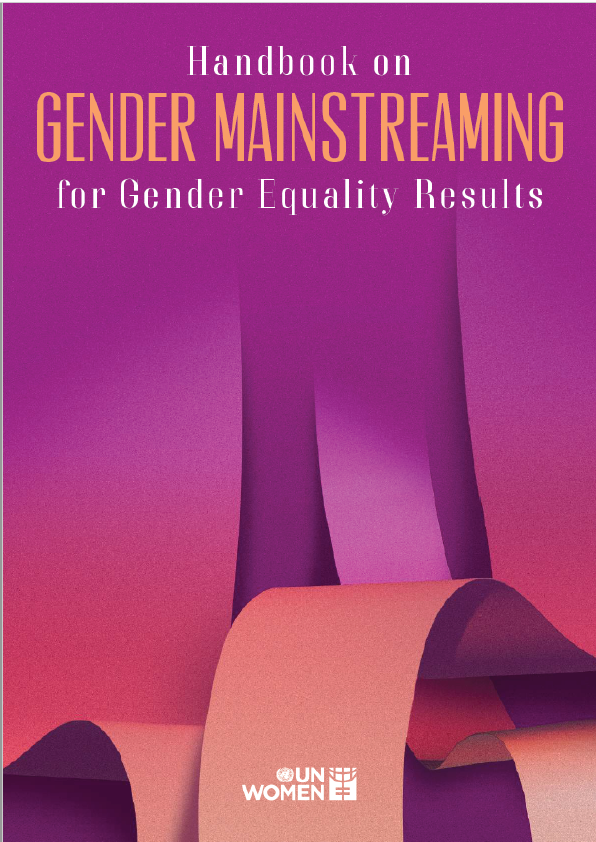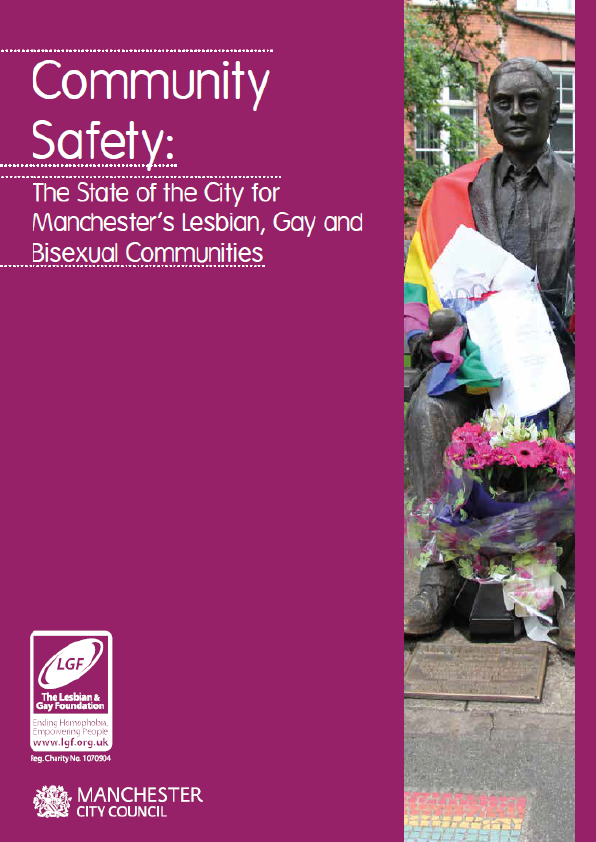Contract disclosure in the oil, gas and mining sector is an emerging global norm. Given the progress by governments, international financial institutions and the Extractive Industries Transparency Initiative, this report aims fill the research gap in information regarding corporate policies on contract disclosure. It provides a snapshot of the current landscape of corporate policy based on a survey of public policies and commitments by 40 leading oil, gas and mining companies.
In most countries, subsoil resources are the property of citizens and are managed on their behalf by governments. Estimated oil, gas and mineral rents totalled $1.7 trillion globally in 2015, which equals 1.7 percent of global GDP in that year.1 This is more than the total GDP of the world’s poorest countries the same year.2 Yet, despite the outsized importance of oil, gas and minerals to the global economy and national budgets, only a small number of people have had access to the terms to which these projects are bound.
Contract disclosure in the oil, gas and mining sectors is an emerging global norm. It has been endorsed by the International Monetary Fund since 2005 and is required by the private sector lending arm of the World Bank, the International Finance Corporation and the European Bank for Reconstruction and Development for oil, gas and mining projects they finance. Leading industry associations like the International Council of Mining and Metals (ICMM) as well as IPIECA endorse the practice.
The Extractive Industries Transparency Initiative (EITI) strongly endorses contract disclosure, requiring member countries to document their policy on the practice and encouraging countries to publicly disclose contracts. This proactive stance was adopted by the EITI Board, comprised of governments, civil society groups, and some of the world’s largest oil, gas and mining companies. More than half of EITI countries now disclose contracts either in practice or by law. Nearly 1,600 contracts and related documents from oil, gas and mining projects in 90 different countries are publicly available. Unfortunately, corporate policy on contract disclosure has lagged behind the global norm.
Oxfam believes that citizens have a right to know the full terms under which oil, gas and mineral resources are developed and sold.
Oil, gas and mining projects should contribute to poverty reduction, and not corruption, conflict and human rights abuses. We believe that full disclosure is necessary for any contract, concession, production-sharing agreement or other agreement entered into by a government that governs the licensing, exploration, production and distribution of oil, gas and mineral resources. This includes full text disclosure of any contract, license, lease, title or permit by which a government provides a company or individual with the rights to exploit oil, gas or mineral resources, as well as any annexes, amendments and associated agreements, in line with the recommendation of the Extractive Industries Transparency Initiative Standard.
Given the normative progress by governments, international financial institutions (IFIs) and initiatives like the EITI, this report aims fill the research gap in information regarding corporate policies on this issue. It provides a snapshot of the current landscape of corporate policy on contract disclosure based on a survey of public policies and commitments by 40 leading oil, gas and mining companies.











